Efforts to ensure food security
Underscoring the important role that a rules-based, non-discriminatory, open, fair, inclusive, equitable and transparent multilateral trading system with the World Trade Organization (WTO) at its core plays in addressing contemporary challenges facing food and agriculture systems, including climate change and its impacts.
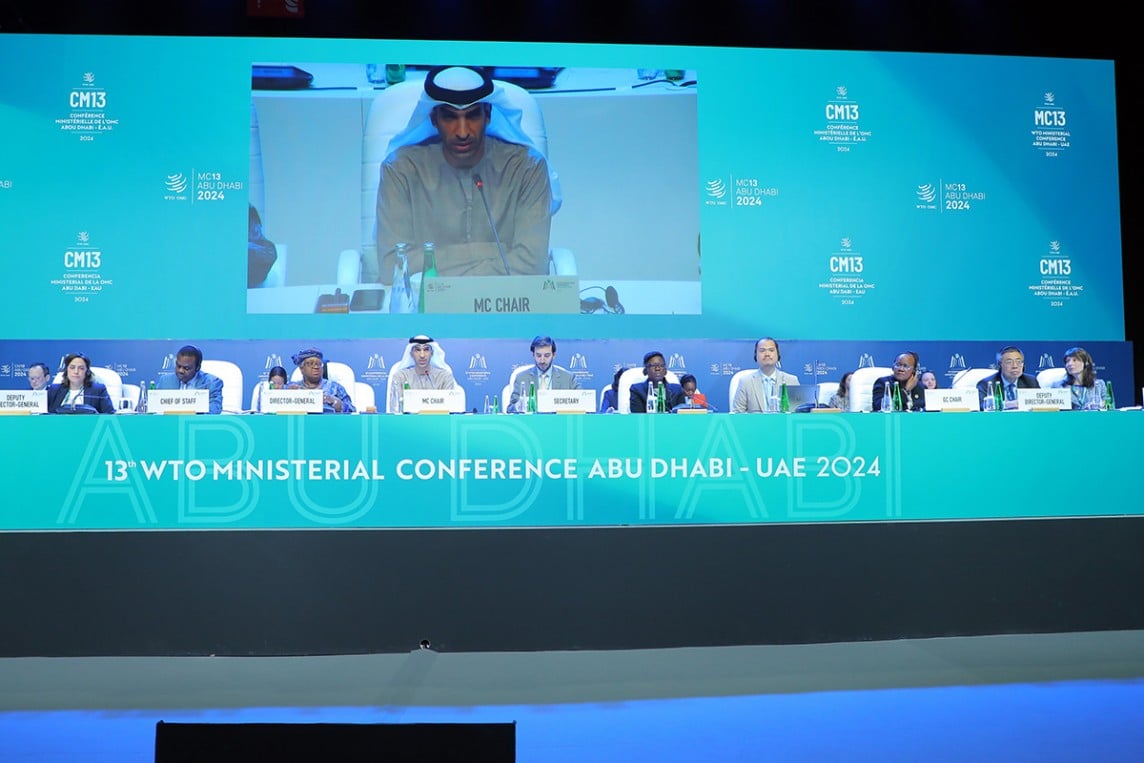 |
| The 13th Ministerial Conference of the World Trade Organization (MC13) took place in Abu Dhabi, the capital of the United Arab Emirates (UAE). |
At the 13th WTO Ministerial Conference (MC13) in the UAE, Ministers reaffirmed their commitment to take concrete measures to facilitate trade and improve the functioning and long-term resilience of global food and agricultural markets, with the aim of enhancing global food security and ensuring that the agricultural sector continues to make a positive contribution to addressing sustainability challenges.
Notably, at MC13, members confirmed their commitment to continue negotiations on agriculture in line with the reform objectives of Article 20 of the Agreement on Agriculture (AoA) and the Decisions of MC13 as well as other decisions on agriculture. Therefore, members will make efforts to discuss and coordinate to achieve tangible progress and reach consensus leading up to MC14.
Also at the MC 13 Conference, the WTO Director-General called on Heads of Delegations to reaffirm the importance of agricultural markets and raw material sources, thereby being able to predict and facilitate trade in these items, such as reducing time and costs of import-export procedures... in accordance with and in compliance with WTO agreements. Members can also consider discussing the role and impact of trade restrictions to enhance transparency, minimize negative consequences and risks for exporters and importers.
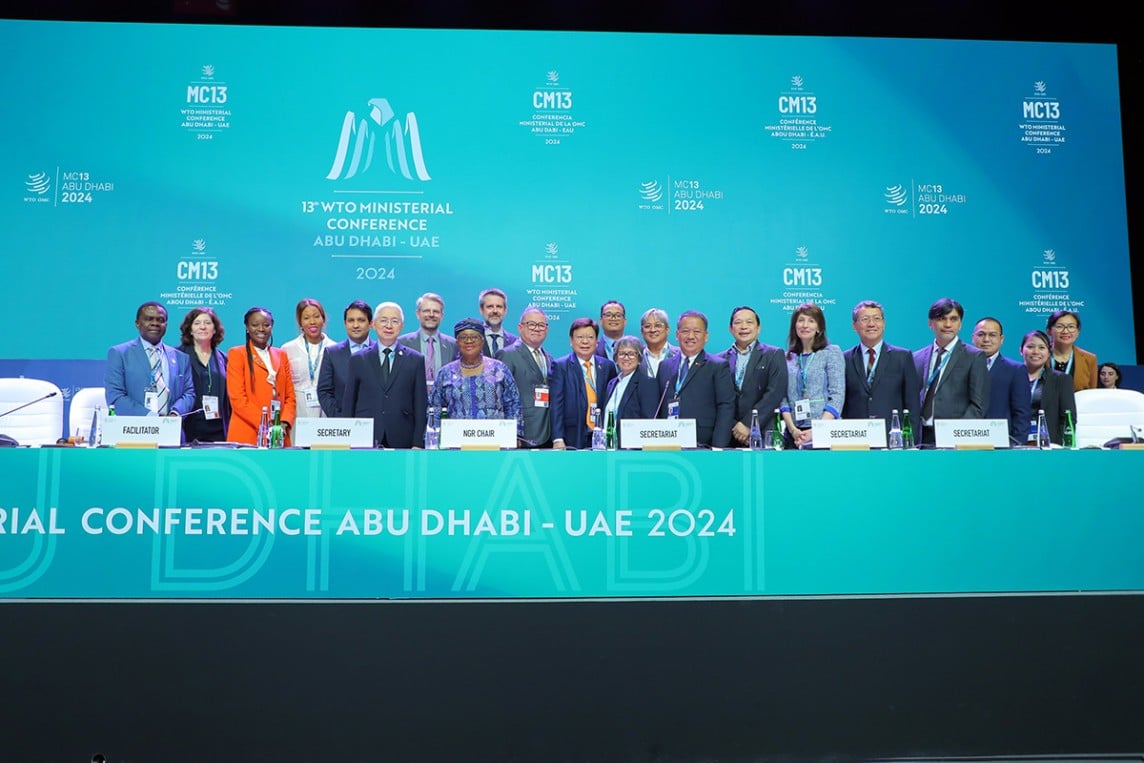 |
| WTO Director General calls on Heads of Delegations to reaffirm the importance of agricultural markets, raw material sources... to reach consensus, moving towards the Closing Session of MC13 |
The WTO stressed that trade, together with domestic production, plays a vital role in improving global food security in all its dimensions and enhancing nutrition. At the same time, affirming that progress in negotiations among WTO members will contribute to enhancing global food security. Therefore, WTO Director-General Ngozi Okonjo-Iweala called on Ministers to make further efforts and find consensus on the various issues that remain.
Strengthening negotiations on domestic support
At MC13, members committed to continue and intensify negotiations on domestic support with the aim of reducing trade-distorting support substantially and progressively in a fair and equitable manner; encouraging a shift to less trade-distorting support and improving disciplines consistent with the reform objectives of the AoA. These negotiations will maintain the special and differential treatment of developing and least-developed members, including land support for low-income or poor farmers, as well as incentives for agricultural diversification to replace illicit crop cultivation.
Improve market access opportunities
It is important to continue and intensify negotiations on agricultural market access with the aim of reducing safeguards substantially and gradually in an equitable manner, improving market access opportunities for all members, improving regulations in line with the reform objectives of the AoA and within a reasonable timeframe. These negotiations will take into account the interests of exporting members and the sensitivities of importing members, including on non-trade issues.
Export credit guarantee
Members affirm their commitment to ensuring effective implementation and monitoring of the Nairobi Ministerial Decision on Export Competitiveness (WT/MIN(15)/45-WT/L/980), including reviewing and understanding how the Committee on Agriculture (CoA) updates its existing transparency requirements and works to improve response rates to the export competitiveness questionnaire. This takes into account the capacity constraints of developing country members, as well as the needs and circumstances of least-developed countries and food-importing developing countries.
In addition, members agreed to continue negotiations to strengthen provisions on export credits, export credit guarantees or insurance programs, state trading enterprises in agricultural exports, and international food aid to prevent the circumvention of commitments to eliminate export subsidies by using non-commercial transactions.
Particular attention will be given to the needs and circumstances of least-developed countries and food-importing developing countries, including exploring ways to enhance transparency in the implementation of the Nairobi Ministerial Decision on Export Competition with respect to specific provisions for least-developed countries and food-importing developing countries on export credits, export credit guarantees or international food aid and insurance programmes.
Solving cotton problems
The negotiations will seek to address significant issues facing the cotton sector. In addition, market access barriers will be significantly reduced. Members are encouraged to open their markets to allow greater procurement of cotton products and by-products from cotton-producing least-developed countries, including through the provision of duty-free, quota-free market access. Enhance transparency and monitoring of cotton-related trade measures affecting the global cotton market through the biennial Special Discussions on Cotton.
Members underlined the central role of the World Trade Organization (WTO) Director-General's Consultations on Cotton as an international forum that brings together stakeholders from the global cotton community (public and private companies, and multilateral agencies) and as an effective multilateral consultation platform for the development of cotton-producing and exporting least-developed countries. To this end, members also agreed to coordinate cotton development assistance measures, monitor completed and ongoing projects, and use the platform to attract and stimulate further investment to promote and support the production, processing and marketing of cotton and cotton by-products in least-developed countries.
According to the previous schedule, the 13th Ministerial Conference of the World Trade Organization (MC13) took place from February 26 to 29, 2024 in Abu Dhabi, the capital of the United Arab Emirates (UAE). However, on February 29, the Conference entered its final day as scheduled, but WTO members failed to reach consensus on key issues such as: Fishing subsidies, agriculture, and the postponement of tariffs on digital transactions... For this reason, the Closing Session of the Conference has been postponed. The official Closing Session of the MC13 Conference is scheduled to take place this afternoon, Friday, March 1, 2024 at 2:00 p.m. UAE time, which is 5:00 p.m. Vietnam time. |
Source


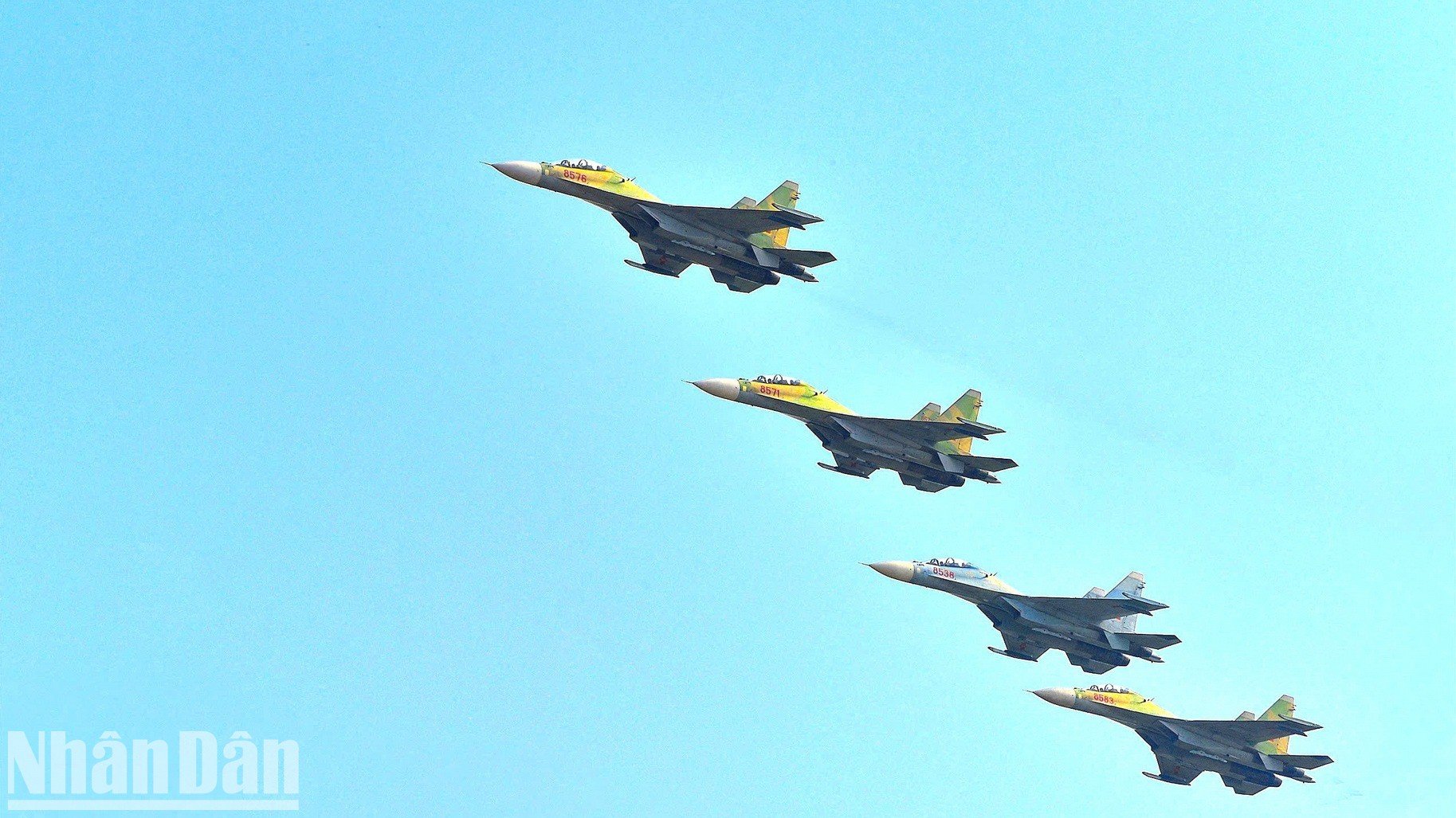
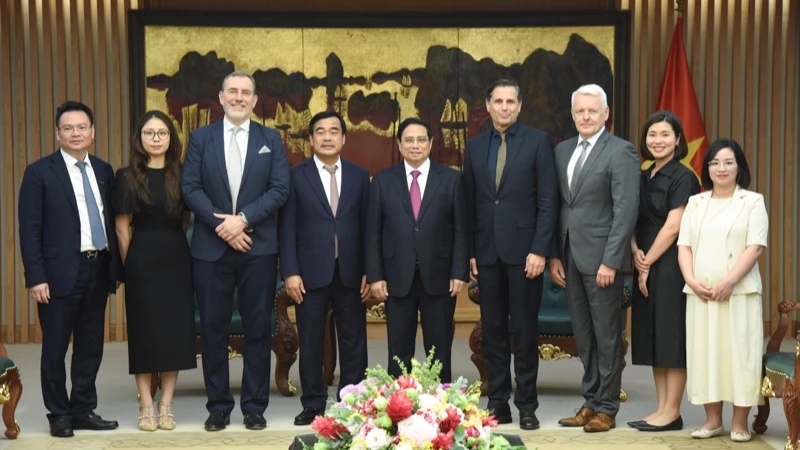
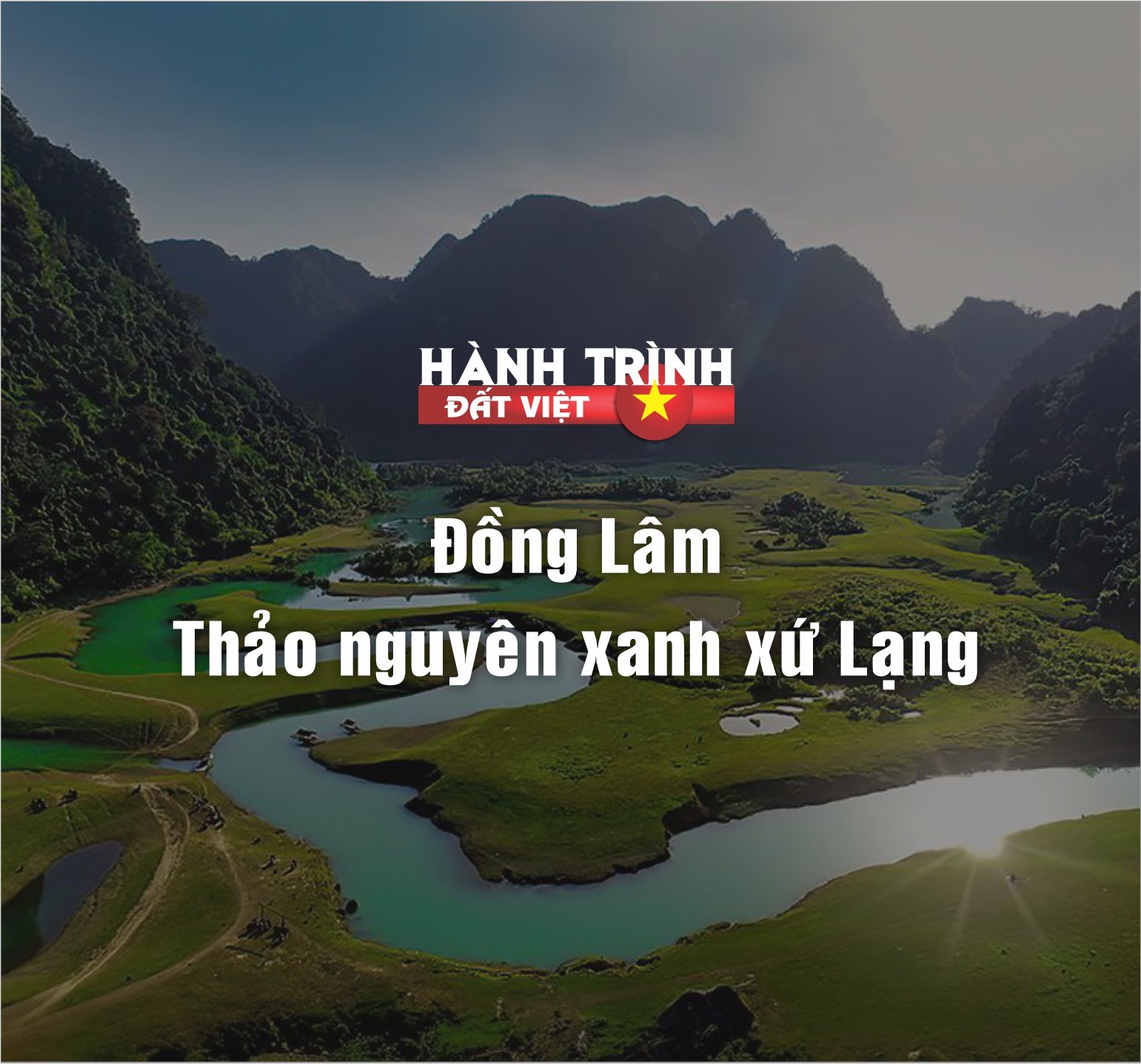
![[Photo] Nearly 2,000 people enthusiastically participated in the Olympic Running Day - For the security of the Fatherland](https://vstatic.vietnam.vn/vietnam/resource/IMAGE/2025/3/27/33bed26f570a477daf286b68b14474d4)
![[Photo] Prime Minister Pham Minh Chinh receives Chairman of Skoda Auto Group](https://vstatic.vietnam.vn/vietnam/resource/IMAGE/2025/3/27/298bbec539e346d99329a8c63edd31e5)

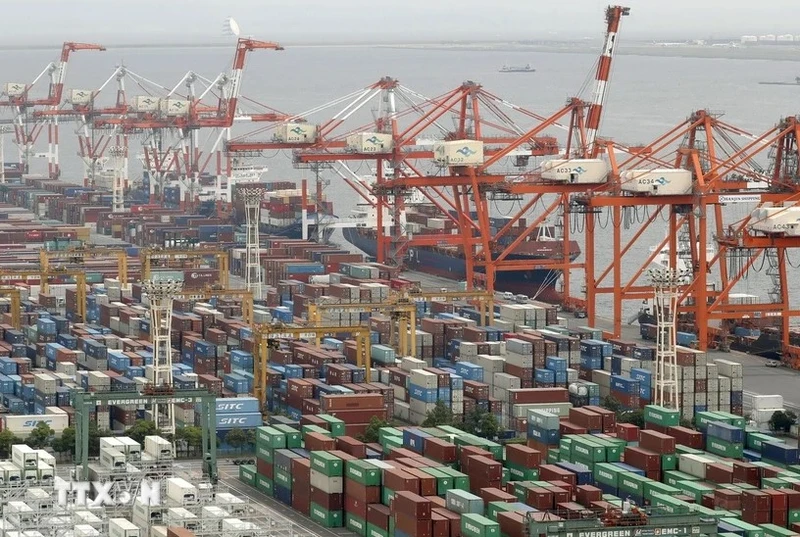

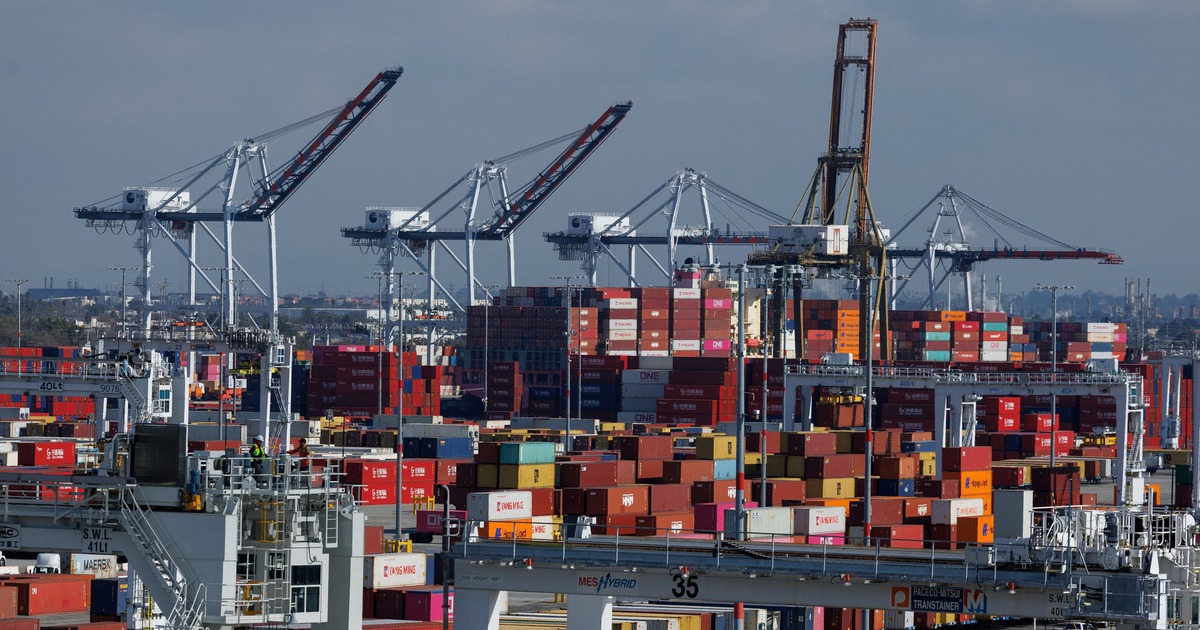

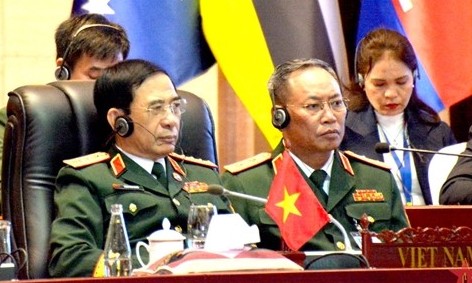

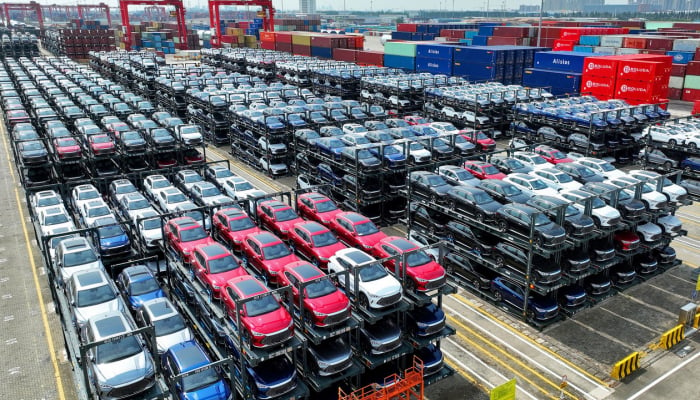


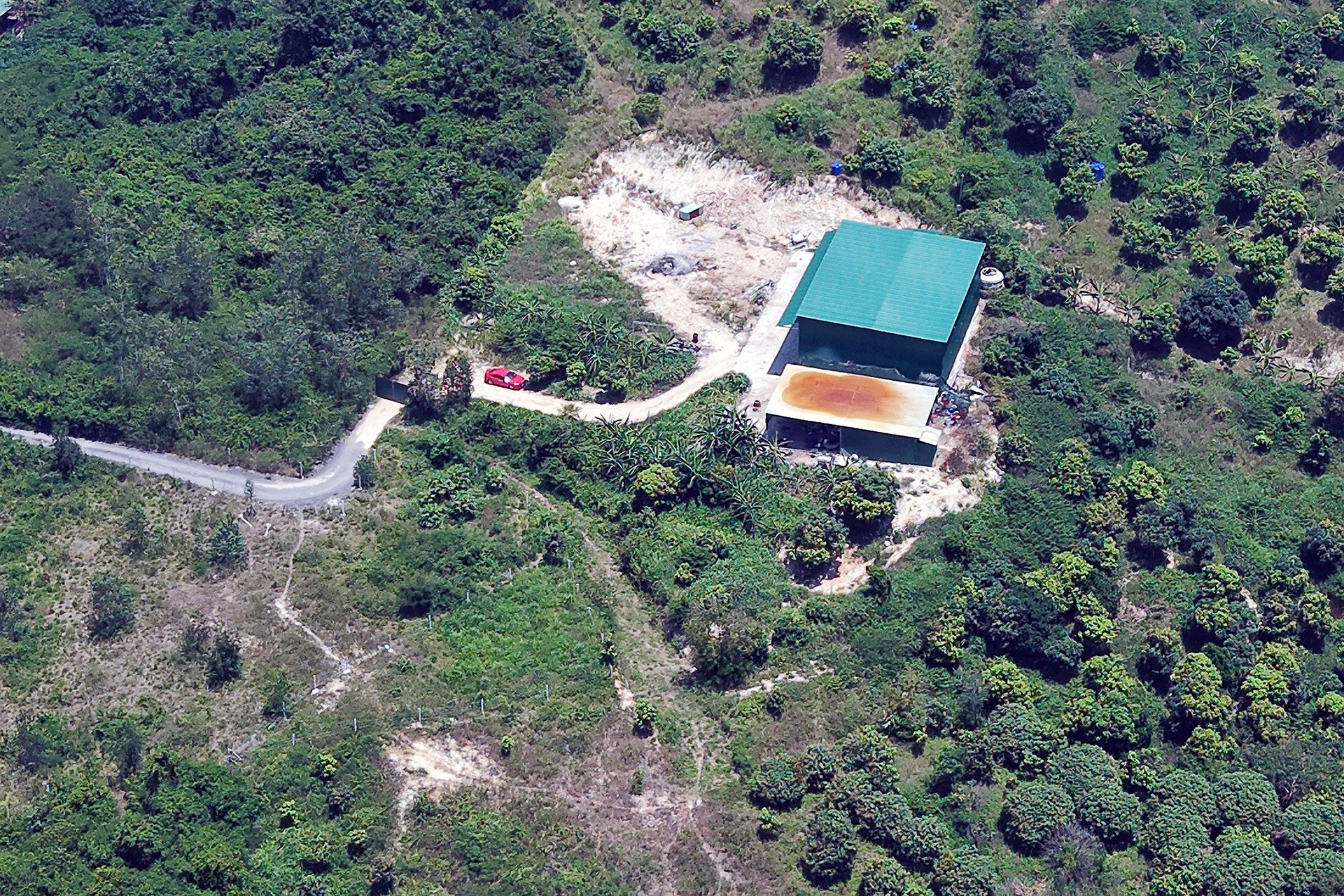
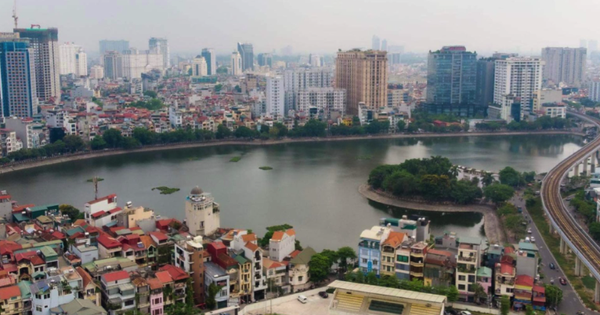
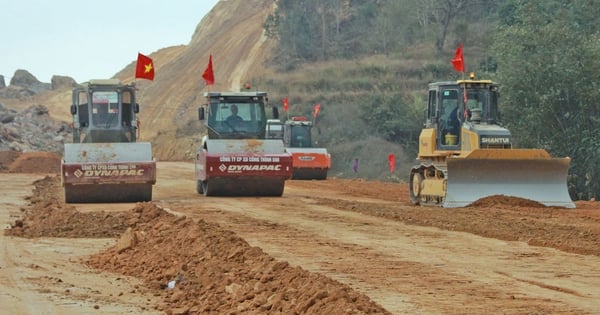
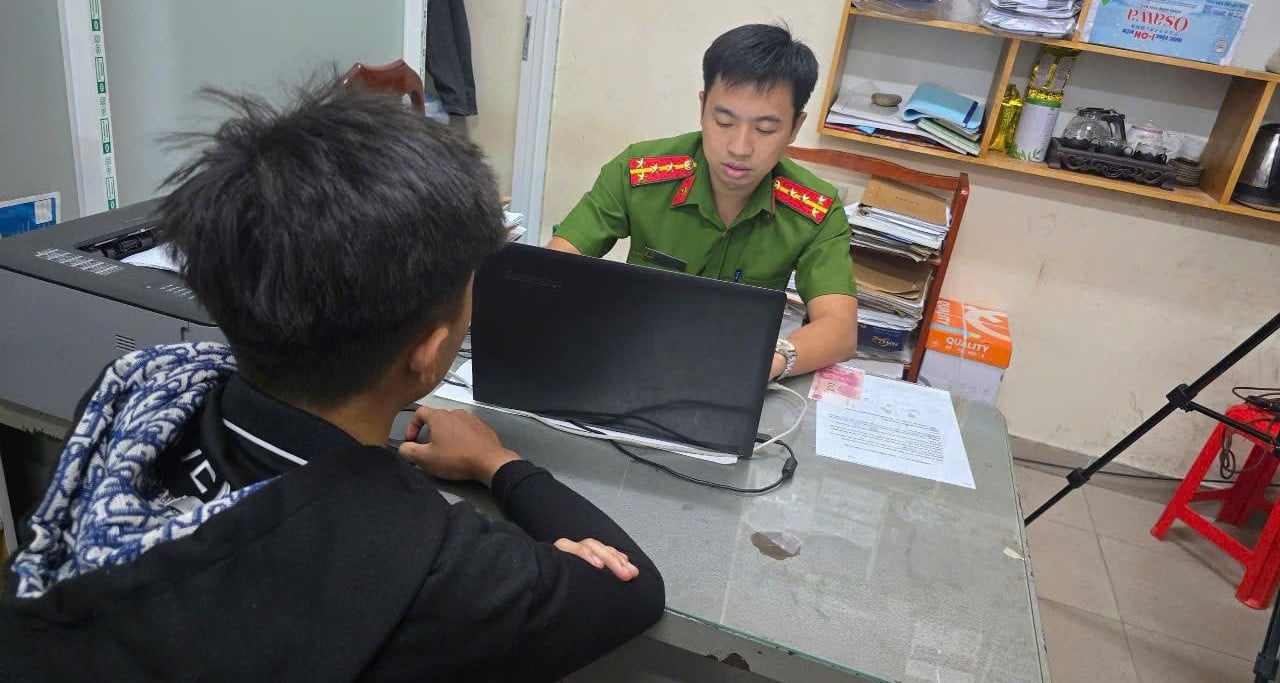
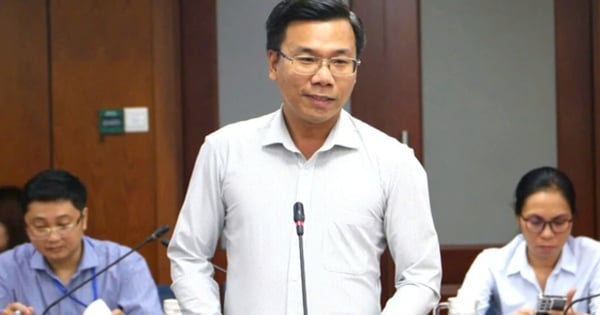
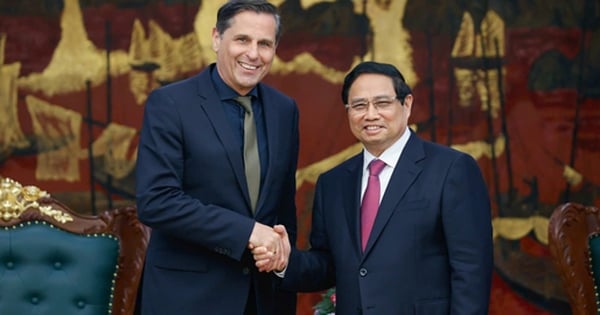



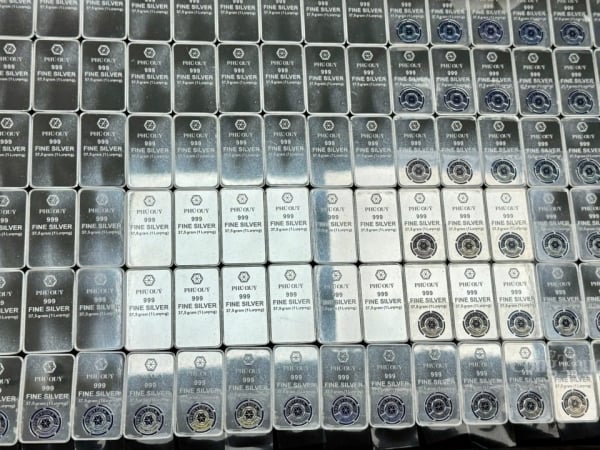


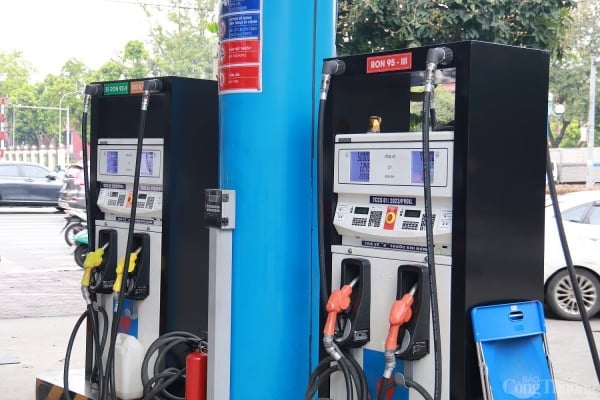

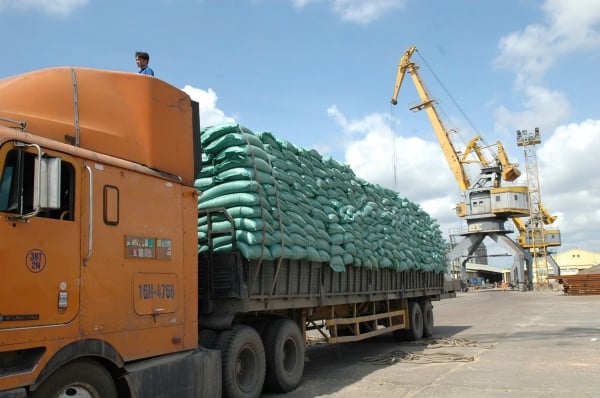



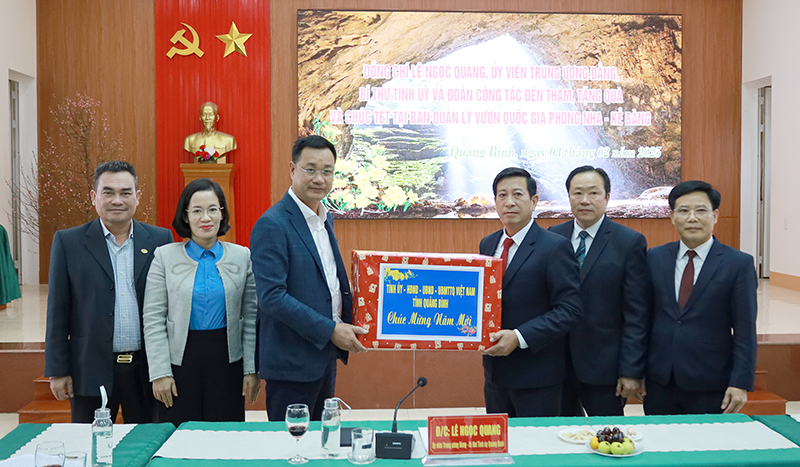

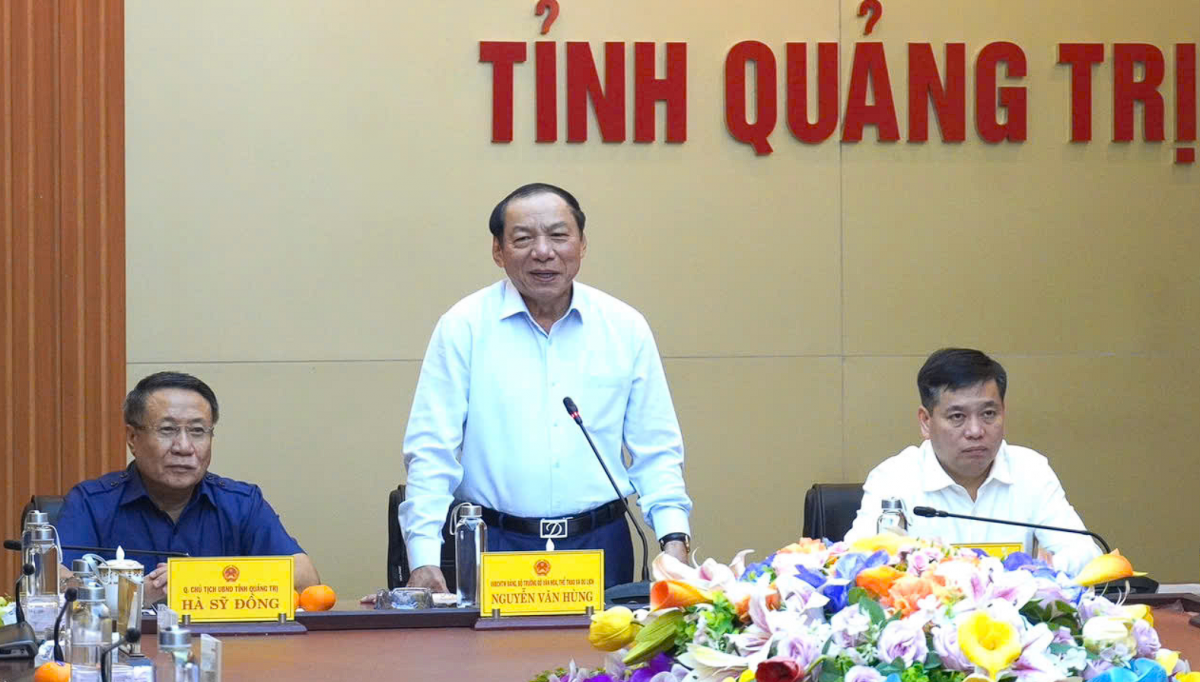

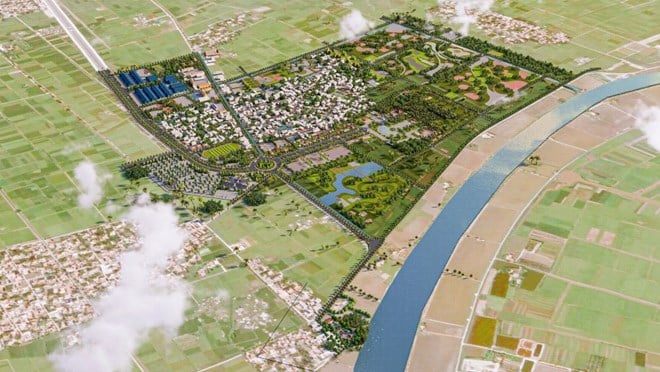

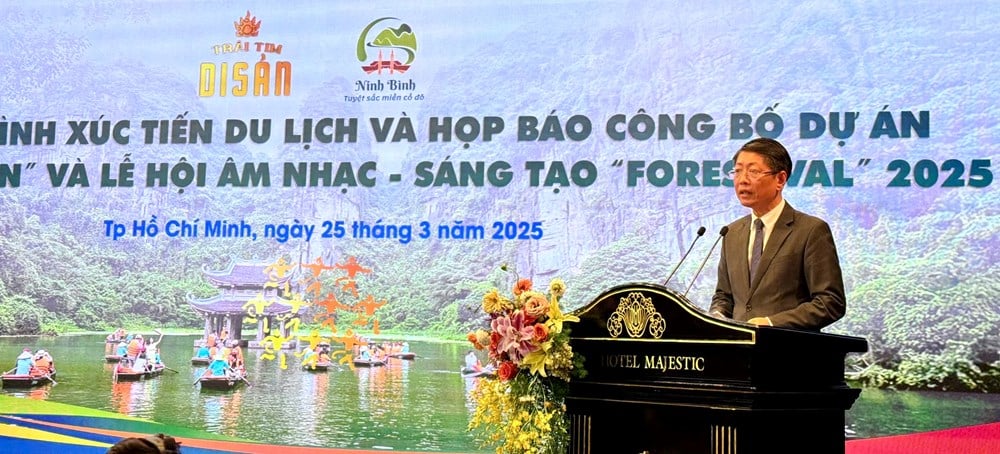

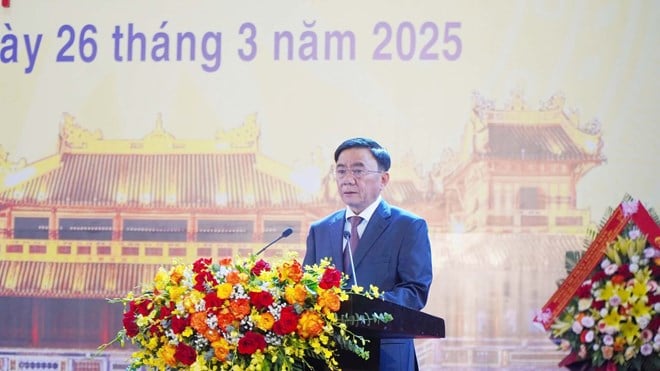
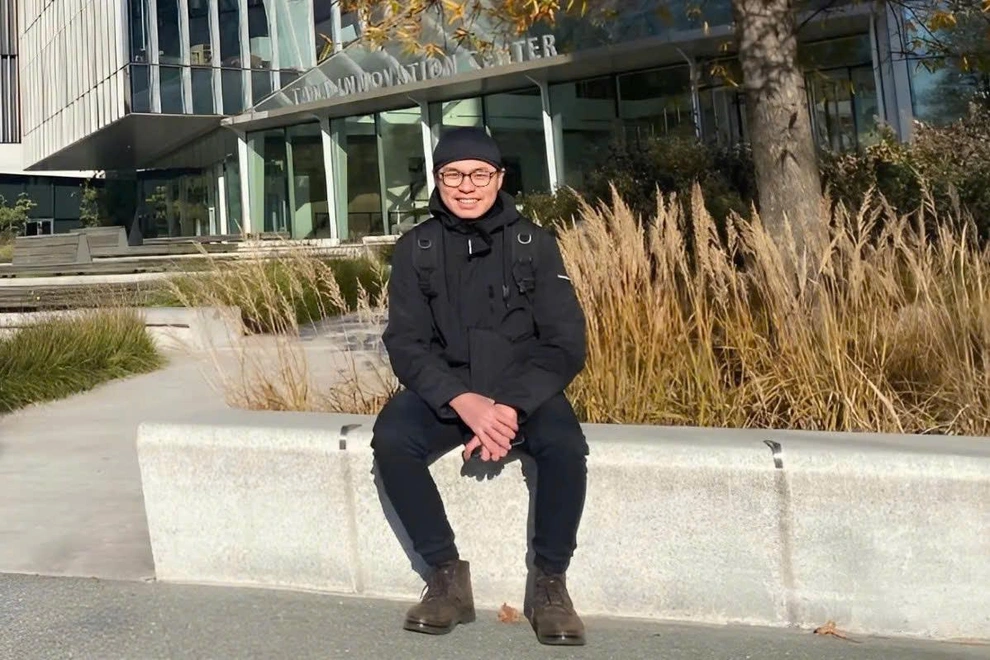



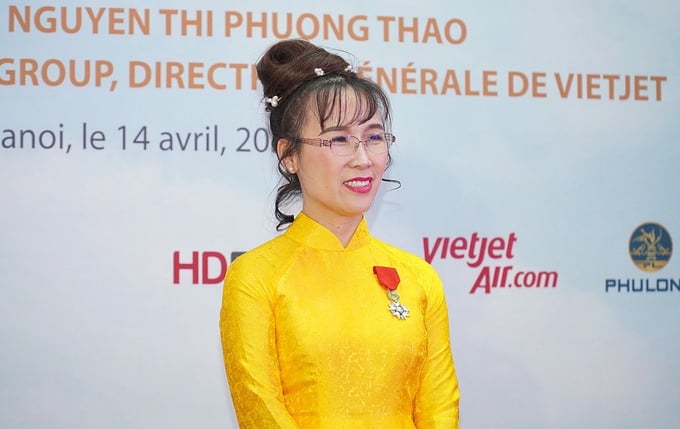
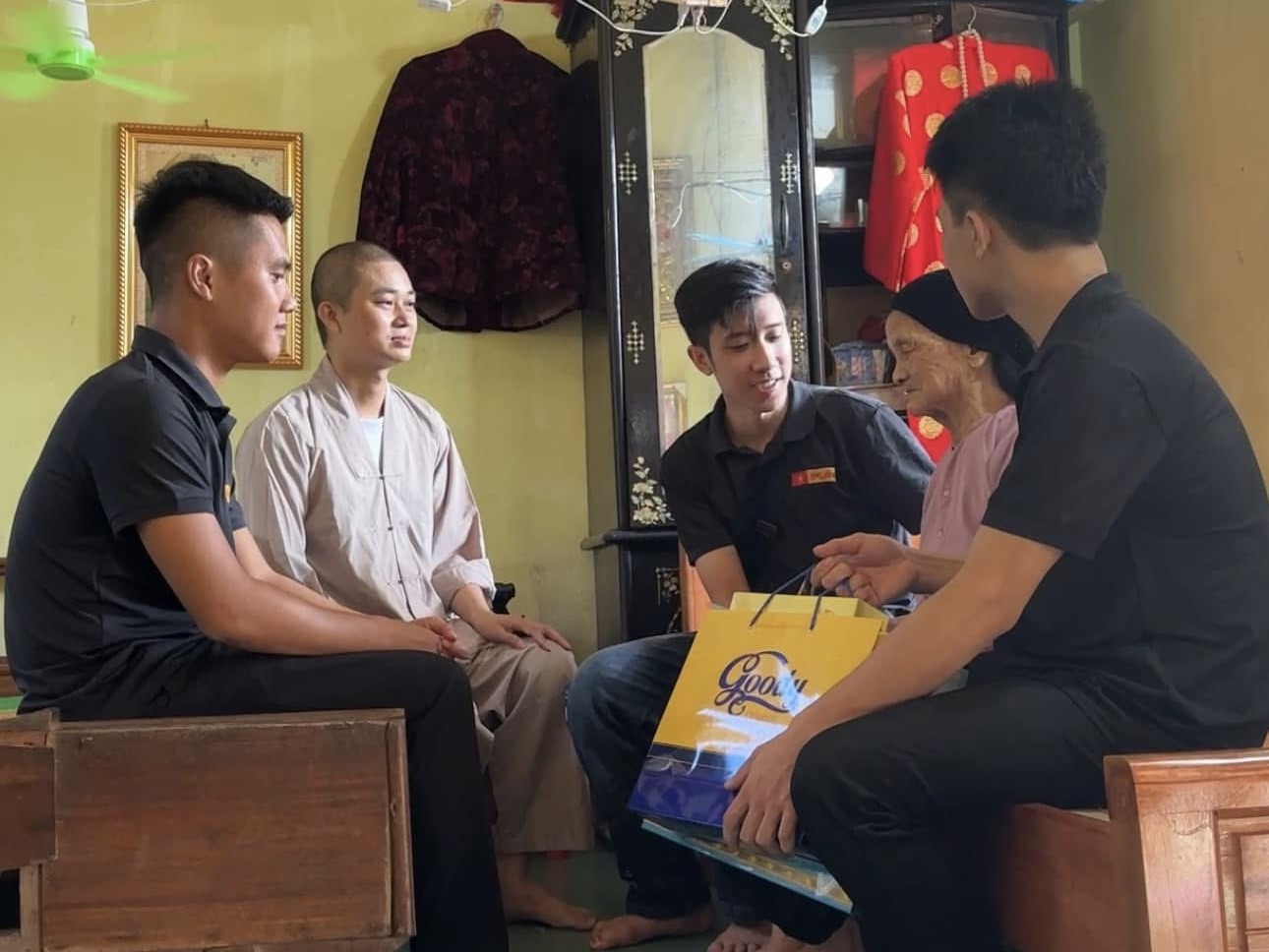


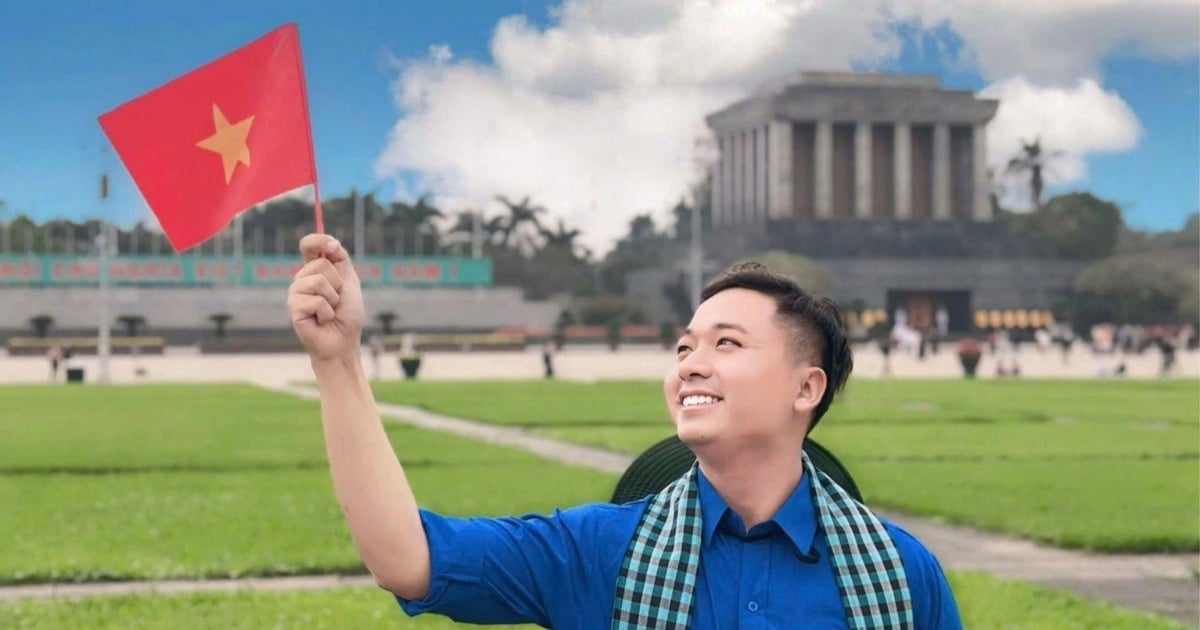


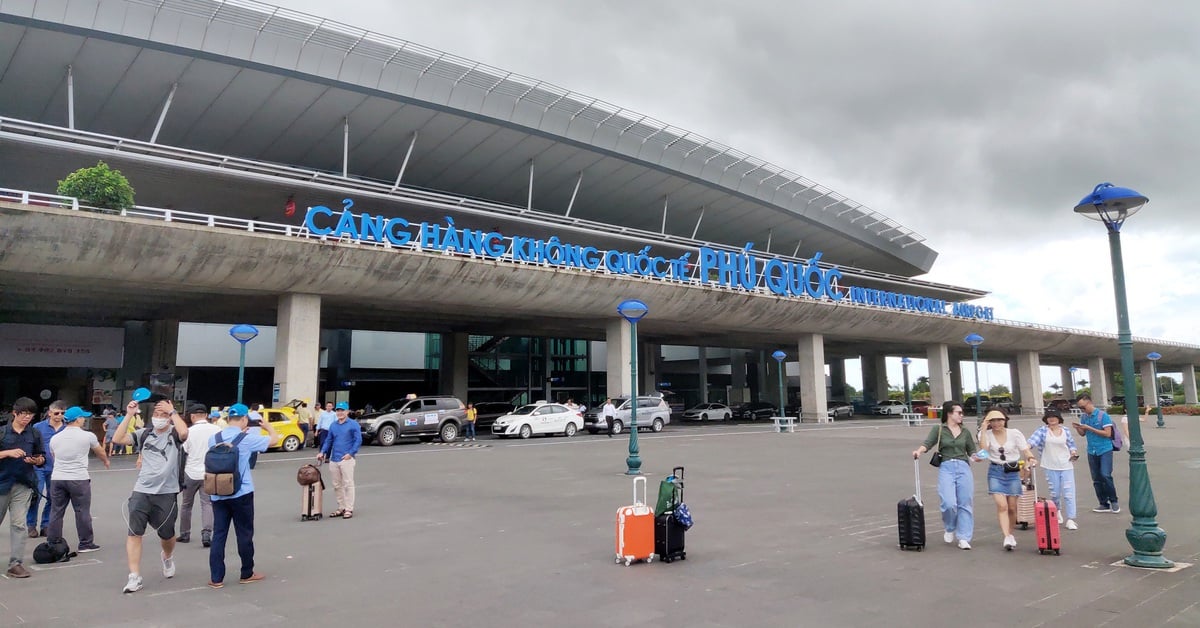
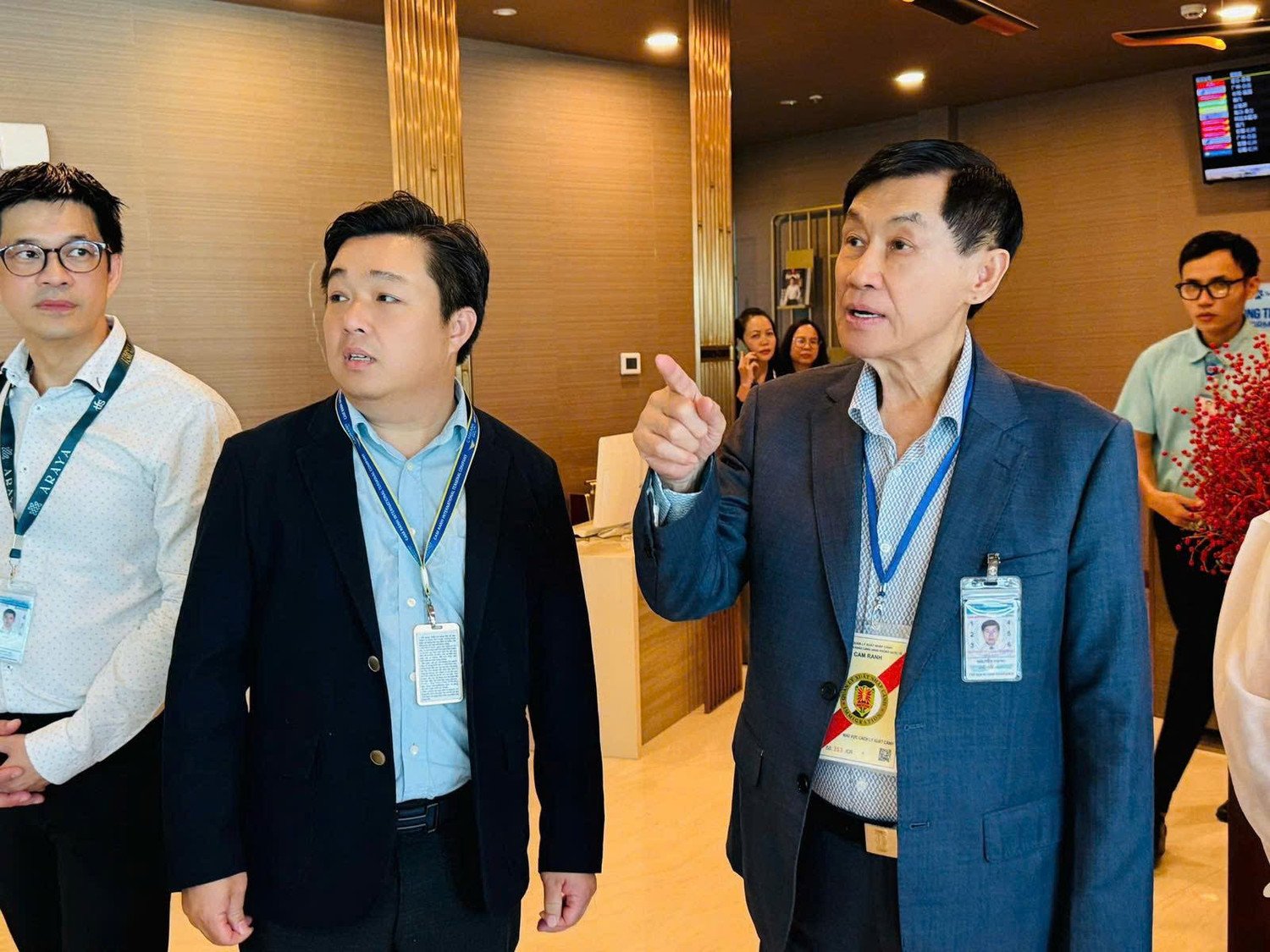



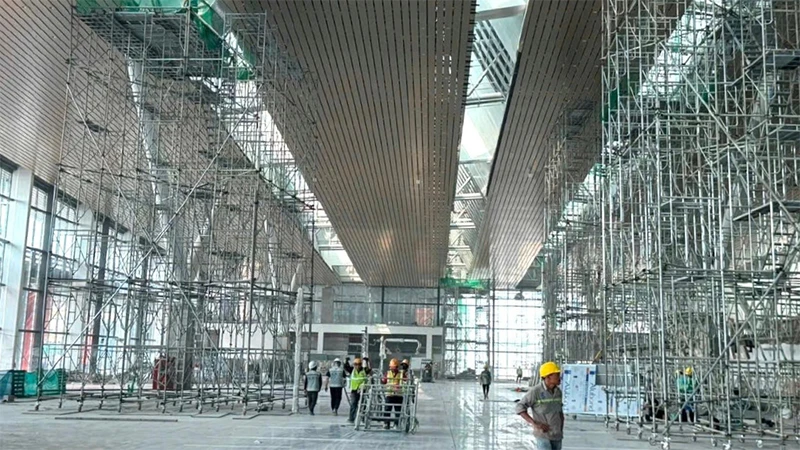
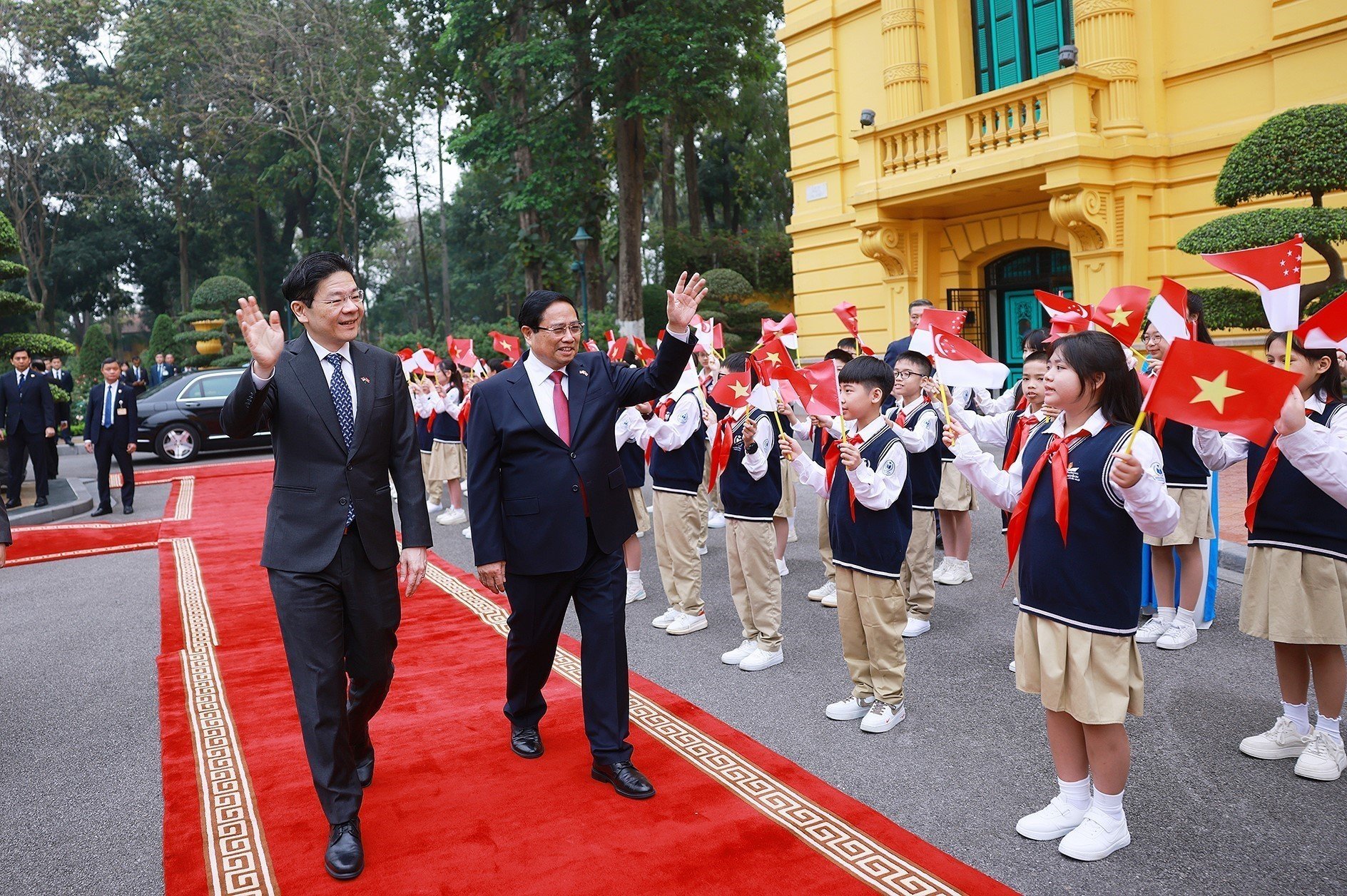


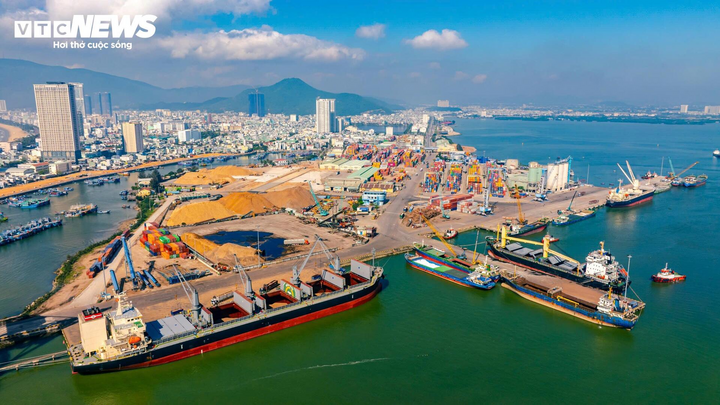


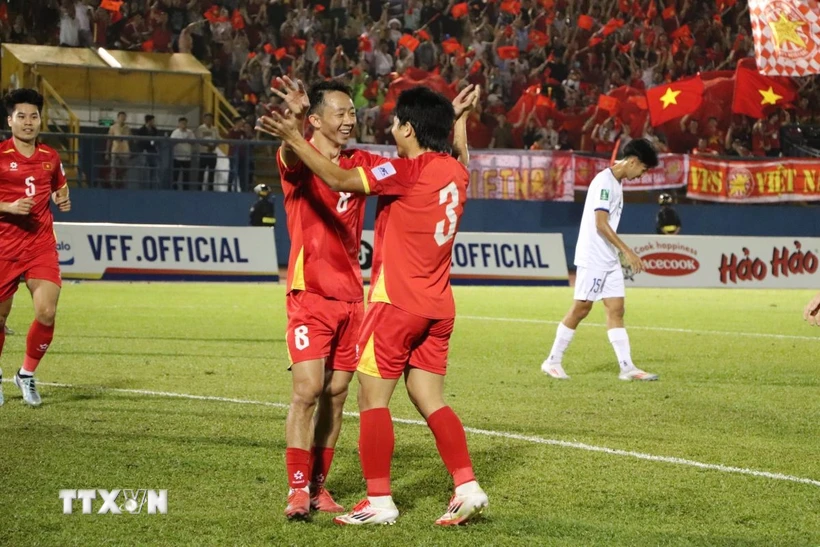
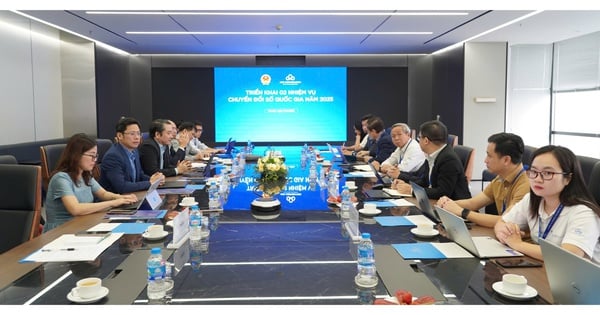

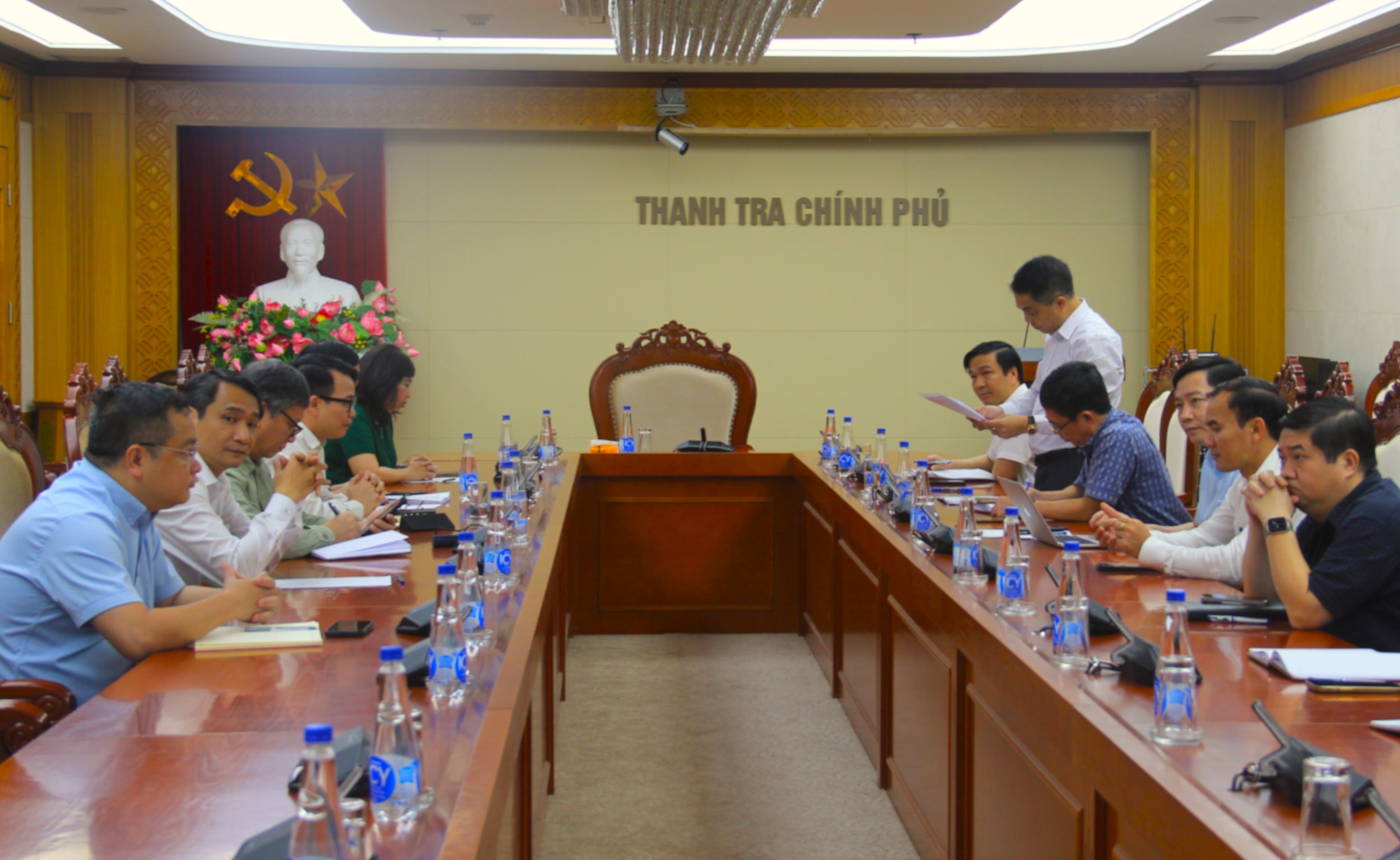

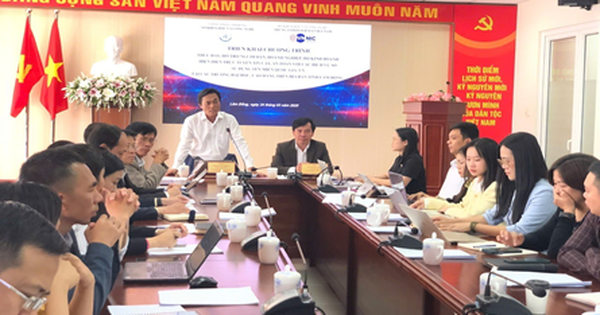


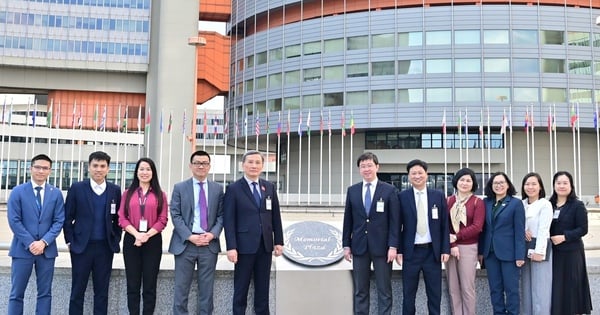
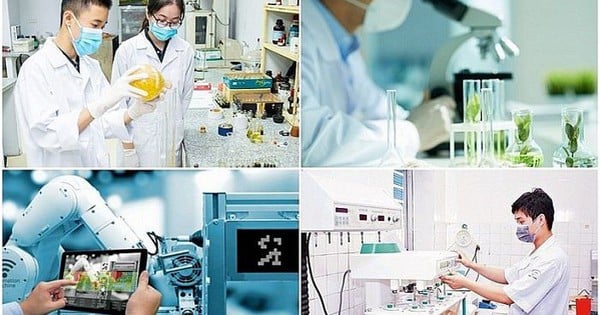
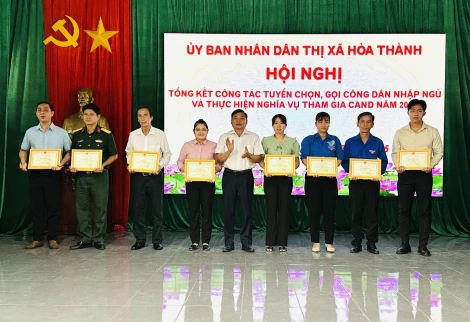
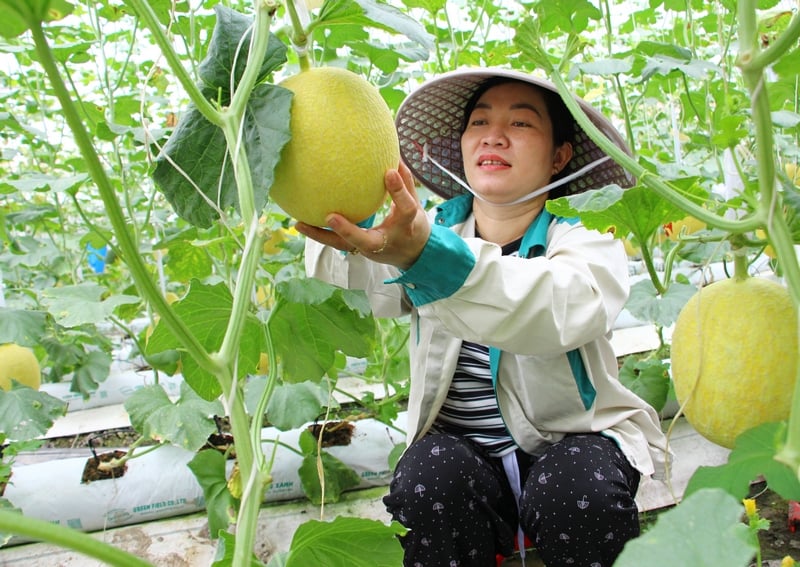




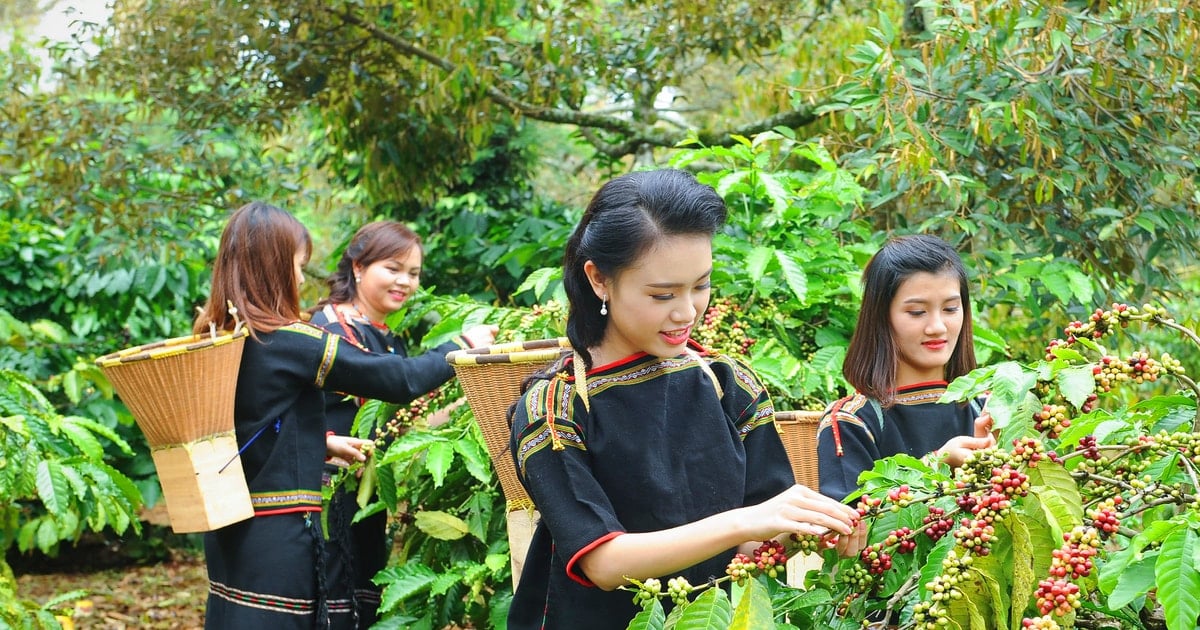
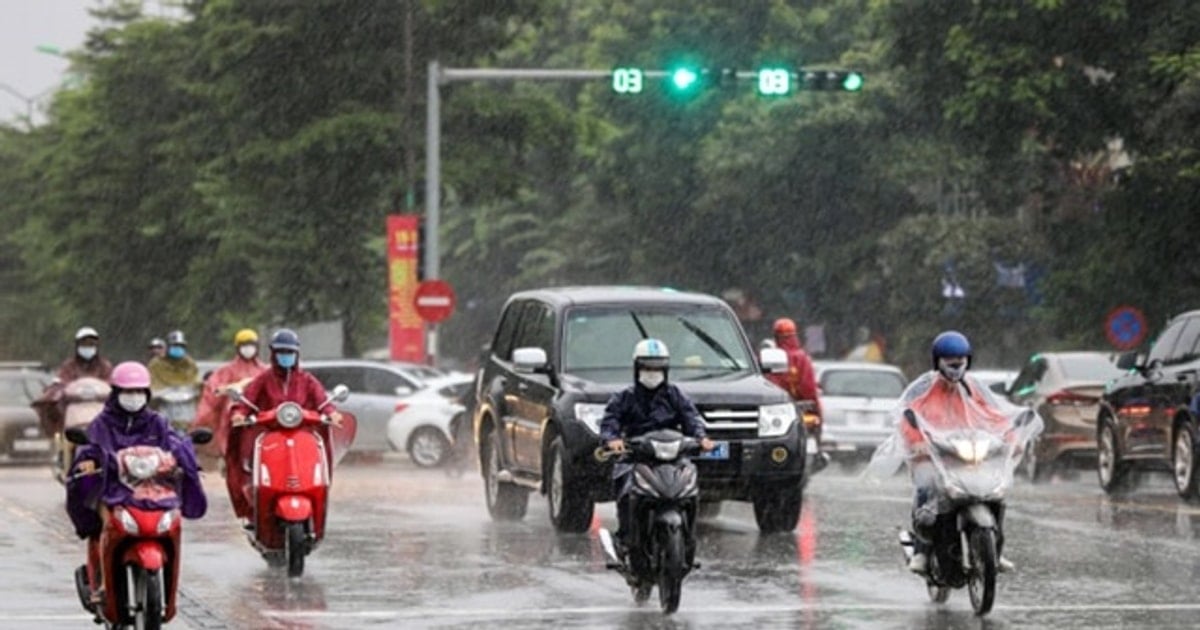
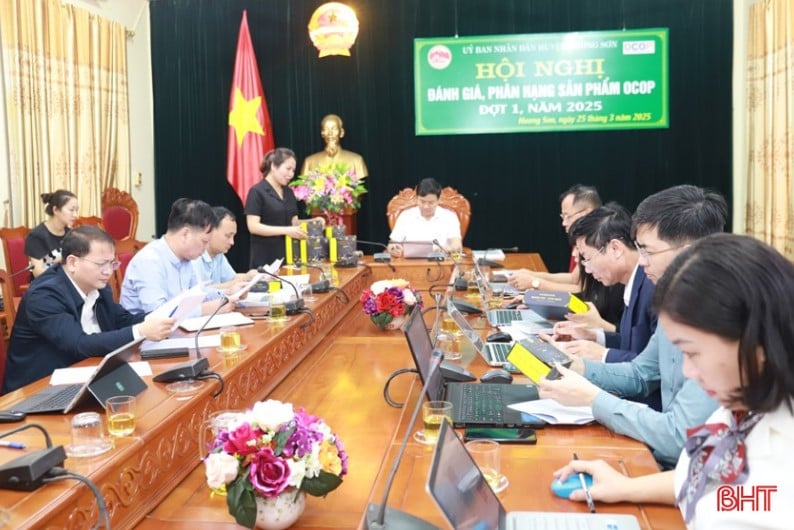

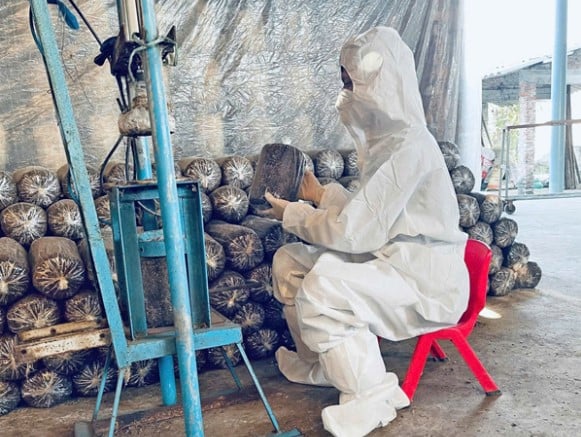
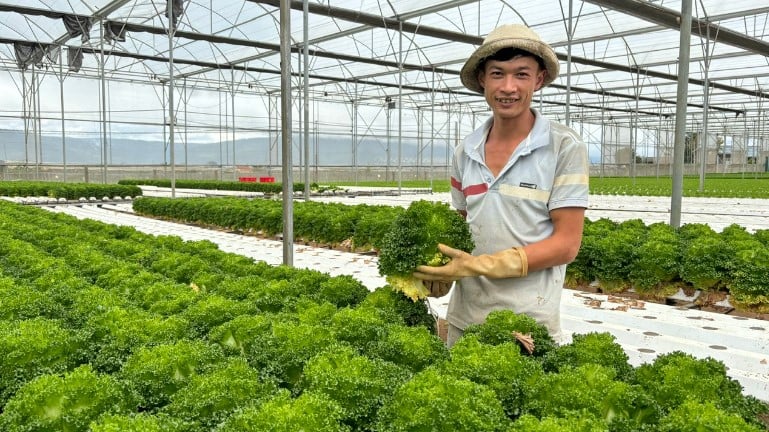


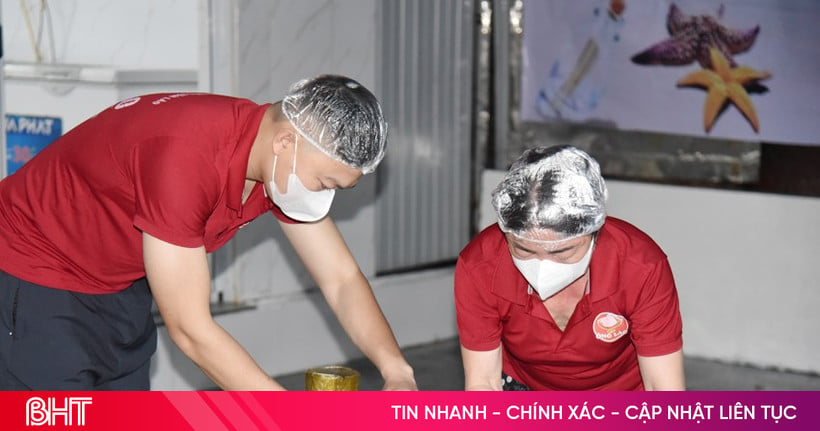
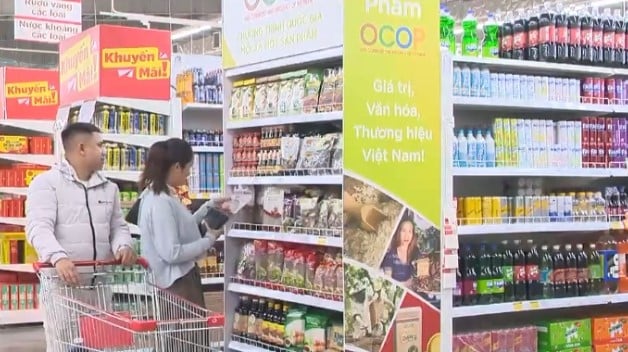

Comment (0)